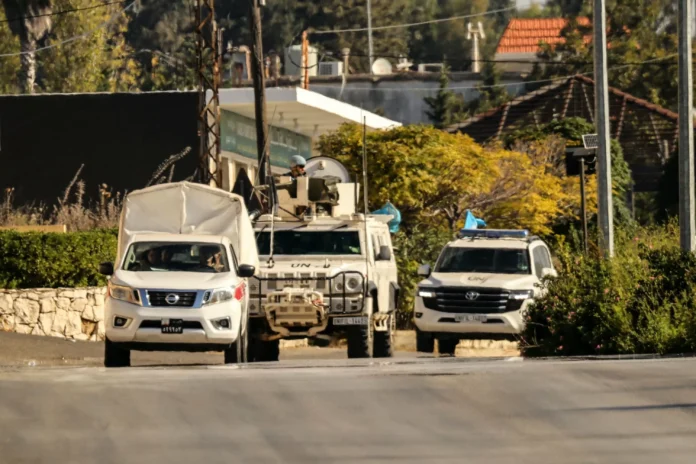The United Nations Interim Force in Lebanon (UNIFIL) has been a crucial peacekeeping force in the region since its establishment in 1978. However, recent calls from 16 EU countries have highlighted the need for a revision of the rules of engagement for UNIFIL. These countries, including France, Germany, and Italy, have expressed their concerns about the effectiveness of the peacekeeping force and have called for changes to be made in order to better fulfill its mandate.
The current rules of engagement for UNIFIL were established in 2006 and have not been revised since then. This has led to a disconnect between the changing dynamics on the ground and the capabilities of the peacekeeping force. As a result, UNIFIL has faced numerous challenges in fulfilling its mandate of maintaining peace and stability in the region.
One of the main issues raised by the 16 EU countries is the limited authority given to UNIFIL troops to use force in the face of aggression. The current rules of engagement only allow for the use of force in self-defense or in defense of the mandate. This has severely restricted the ability of UNIFIL to respond to threats and has left them vulnerable in the face of escalating tensions.
In addition, the rules of engagement do not provide a clear framework for dealing with non-state actors, such as Hezbollah, who have a significant presence in the region. This has made it difficult for UNIFIL to effectively monitor and control the activities of these groups, which often pose a threat to the stability of the region.
Furthermore, the current rules of engagement do not take into account the changing political landscape in the region. The conflict in Syria has had a spill-over effect in Lebanon, with an influx of refugees and increased tensions between different religious and political groups. This has put additional strain on UNIFIL and has highlighted the need for a more flexible and adaptable approach to peacekeeping.
In light of these challenges, the 16 EU countries have called for a revision of the rules of engagement for UNIFIL. They have stressed the need for a more robust mandate that would allow the peacekeeping force to effectively respond to threats and maintain stability in the region. This includes giving UNIFIL troops the authority to use force in a proactive manner, rather than just in self-defense.
Moreover, the EU countries have emphasized the importance of addressing the issue of non-state actors in the region. This could involve working closely with the Lebanese government to develop a comprehensive strategy for dealing with these groups and ensuring that they do not pose a threat to the peacekeeping force.
It is also crucial for the revised rules of engagement to take into account the changing political landscape in the region. This could involve regular reviews and updates to ensure that UNIFIL is equipped to deal with any emerging challenges.
The 16 EU countries have also stressed the need for better coordination and cooperation between UNIFIL and the Lebanese Armed Forces (LAF). This would not only enhance the effectiveness of the peacekeeping force but also strengthen the capacity of the LAF to maintain stability in the region.
In response to these calls, the United Nations has initiated a review of the rules of engagement for UNIFIL. This is a positive step towards making the peacekeeping force more effective and better equipped to deal with the challenges in the region. It is also a testament to the commitment of the international community to support peace and stability in Lebanon.
In conclusion, the 16 EU countries have rightly highlighted the need for a revision of the rules of engagement for UNIFIL. The current rules have become outdated and do not reflect the changing dynamics in the region. A more robust and adaptable mandate is necessary for UNIFIL to effectively fulfill its mandate and maintain peace and stability in Lebanon. With the ongoing review of the rules of engagement, we can hope for a more effective and efficient UNIFIL that will continue to play a crucial role in promoting peace in the region.


